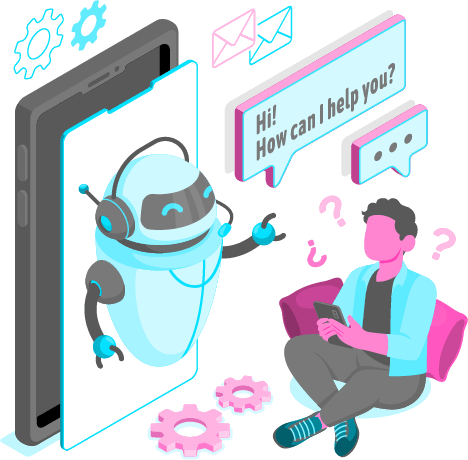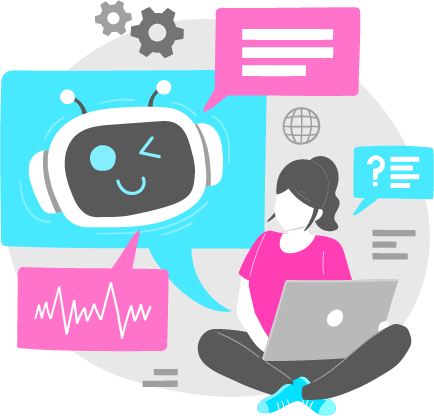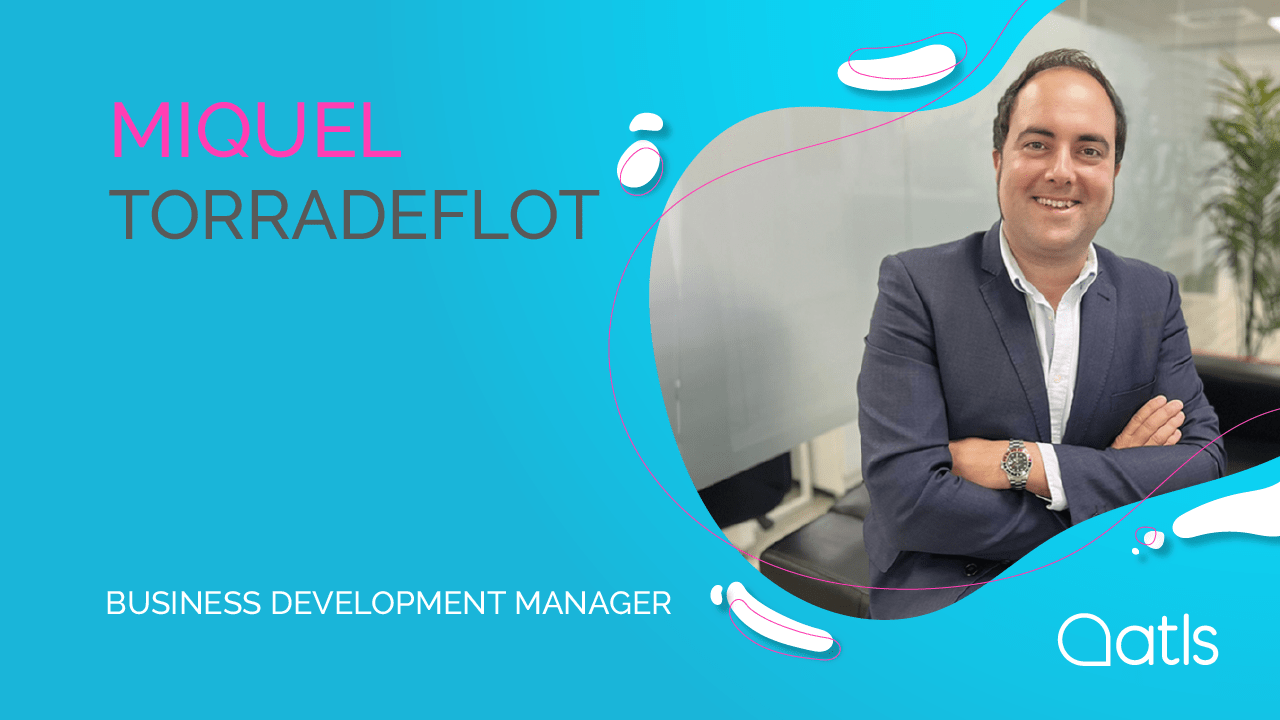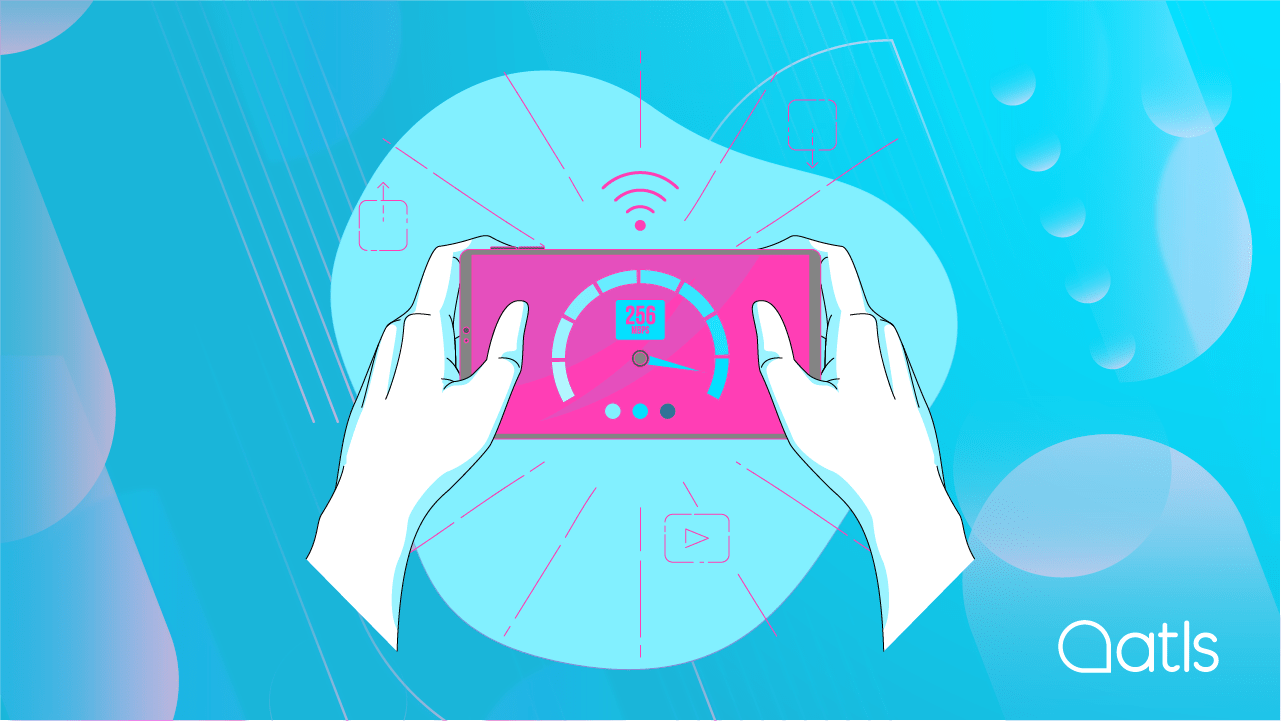Does machine translation affect website ranking?
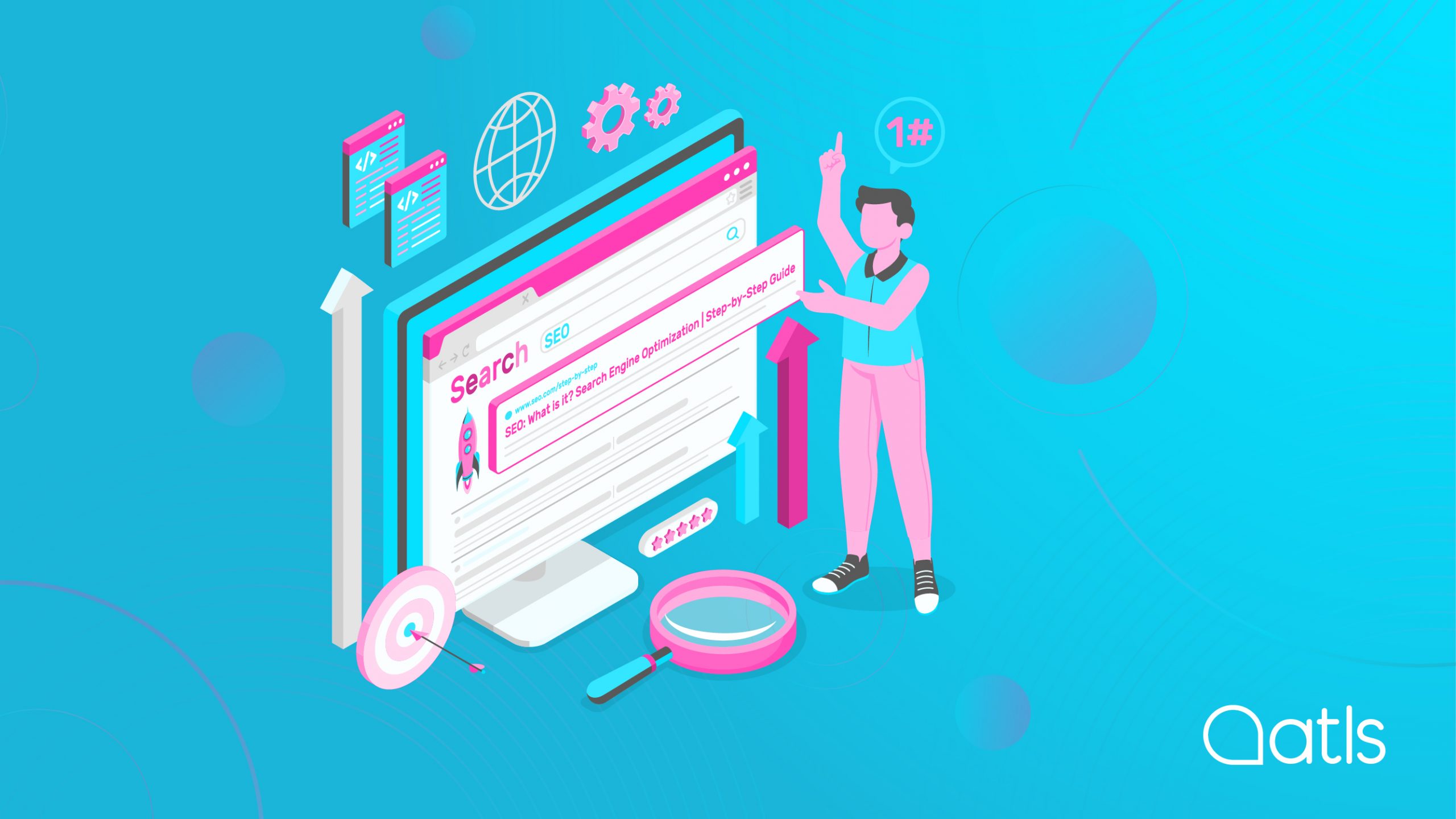
Machine translation is a powerful weapon... and may cause serious harm to your website ranking if you don't use it correctly. It's quick and it's cheap, but the results can vary from good to catastrophic; How do you know, if nobody's checking it? But what automation does help with (and there's really no doubt about it), is lightening the workload, preventing superfluous errors, and making it 'easy'. The key is to use it with human supervision. Professional human translators, to be exact.
- What's the relationship between translation and SEO?
- How does translation use affect website ranking?
- Improve your organic website ranking with professional translation
- How do you translate a website with professional translation software?
- What improvements can a professional translation make to a website?
- Professional translation company: we help you improve your SEO ranking
- Our advice
Is that a rhetorical question? Of course; But the correct answer is a bit more complicated than a straightforward yes. The impact of machine translation on your website ranking can be positive or negative, depending on how you use it. Clue: As long as it isn't truly automatic, it's all going to be OK...
Have we lost you already? OK, maybe we need to explain ourselves better. Next, we'll dive into the relationship between machine translation and website ranking in a little more detail, explaining what's really involved and the various approaches, with a focus on how we professionals use this powerful tool.
What's the relationship between translation and SEO?
Let's look at a couple of quick definitions in case you're confused: SEO (search engine optimisation) consists of 'arranging' your whole website with a goal in mind: achieving a strong website ranking. Translation consists of transferring a message from one language to another, with an emphasis on the meaning and intention.
Drawing on these concepts, the first key takeaway is that translation is absolutely essential when it comes to ranking websites targeting audiences who do not speak your native language.
Plus, it's important to add that what you really want is for the translation to be 'invisible'. In other words, you want your message to sound so natural that it sounds as though it's been written by a native speaker.
Of course there's always the option to translate something quickly, with poor quality results, but whilst that may be acceptable in some cases, it's not something you want to do with SEO. Ever. And there lies the temptation to take shortcuts. Shortcuts they may be, but they make ineffective use of technological tools.
Is translation AI the same as machine translation?
The short answer? More or less. But no. Once you dig a little deeper, there are noticeable differences between the two. The various forms of machine translation (whether context, corpus or rule-based) ended up being a machine that substituted words and structures of one language with those of another.
From around 2015, neural machine translation based on artificial neural networks with the capacity for various forms of 'learning' (basically, the essence of artificial intelligence) gave machine translation the power to evolve into a better, more refined model. One that was incomparably more dynamic, more contextualised, more natural... and more human?
What are the differences between a machine translation and a human translation?
At the risk of oversimplifying things, and just to give you an idea (and hopefully bridge the gap), the differences are the same as you would find between human-driven vehicles - with all their flaws, and driverless vehicles - with nobody in control at all. Or between sewing trousers by hand or with a machine; it's faster, and fairly reliable, but what happens when it all goes wrong?
A machine translator won't make those kinds of mistakes, but it can get confused when it comes across different meanings of the same word; for example the English word 'date' will have a number of translations in different languages... are you talking about the fruit? A romantic encounter? Or simply what day it is?; calling the owner of an old black car 'the old black owner of the car', or confusing the name of the character 'Wolverine' with an animal in Spain. And worst of all, it does it without even realising.
How does translation use affect website ranking?
First things first. To clarify, translation can have a positive or negative impact on your website ranking. All things considered, translating your website is a brilliant idea: you'll reach more people and rank higher in more markets. And that means more traffic. But it all depends on (quite logically) whether it's done well - or badly.
This is precisely what SEO managers referred to in their responses to a Peter Mindelhall poll retweeted by Barry Schwartz, saying that it's 'too risky' to use machine translation without any human supervision. Glenn Gabe also chipped in, discussing real cases of the negative impact of poorly translated or machine translated content.
Can Google recognise machine-generated translations like spam?
No, not exactly. Basically, the famous Google algorithm (responsible for ranking you higher or lower on the search pages) doesn't like even a sniff of machine translation; but without human supervision. It has absolutely nothing against using CAT tools (as much as Google likes to automate everything... just don't automate the content).
Google rates content quality according to its EEAT guidelines, so the problem with machine translation isn't necessarily that it's been done by a machine, but because the results are often mediocre. Here's what it explicitly states in its spam policies, in the 'Spammy automatically-generated content' section: Text translated by an automated tool without human review or curation before publishing.
Examples of websites affected by machine translation use
In other words, Google's looking for the kind of reliability, authority, knowledge and experience that comes from the human touch. And if it realises that there isn't any human 'supervision' (and make no mistake, it will realise), it doesn't like it. And when Google gets mad, these are the kind of outcomes you can expect:
- An SEO case study revealed that the machine translation of forexsuggest.com made an impact for all the wrong reasons. The audit uncovered literally hundreds of errors on this multilingual, multiregional website, both in the translations intended 'for humans' and the translations of code, sitemaps, URLs, tags and more... in 41 different languages no less! The page ranking improved what you don't see.
- Sometimes the issue doesn't lie with the website ranking itself, but the direct impact it has on sales (and not in a good way). This is what happened in the now-legendary case of Amazon's launch in Sweden in 2020. The site was littered with terrible translations (incomprehensible, ridiculous, offensive even), and you can imagine the negative repercussions for the sellers.
- This malpractice can also damage your brand image, badly, in a somewhat ironically human way. Barry Schwartz himself mentions, through Aleyda Solís, Gizmodo's recent 'strategy' to replace its human Spanish language journalists with AI translation. Aside from the quality (which is worse), the company hasn't come out of it very well.
Improve your organic website ranking with professional translation
This all leads us to a clear conclusion: machine translation, yes, but always with human AND professional supervision. Off the top of our heads, here are three distinctly positive impacts of improving your website ranking - and the financial benefits that come with it.
Localise your website content
Go one better than translation and localise your website; adapting more than the language - also the culture - to each market. In this Herculean task, you'll always reap the highest rewards when the machine translation is supervised by a professional translation team.
Improve communication with your audience
Language IS communication; it's still the main vehicle we use for transmitting information, but also emotions. Communicate with your audience from human to human. They'll notice the difference, because who doesn't prefer speaking to a human over speaking to a machine?
Increases engagement
At the purely organic SEO level, a flawless localisation will always be rewarded. But when it comes to a customer's commitment to the brand, the rewards skyrocket, translating into interactions and loyalty, and a general feeling of being on the same wavelength. And more sales, of course.
How do you translate a website with professional translation software?
When they want to localise websites and other content or optimise international SEO, specialist agencies will turn to machines. But not so much for the translation (they will, to an extent) but rather to manage the content and manage the often colossal task of working with machine, human and mixed translation. To do this, they use (rather, we use) a fine selection of specialist software combined with human talent.
Using professional translation systems to translate websites
We're talking about translation management systems (TMS) that pull together all the related tasks: from computer-assisted review and translation to using specific tools (such as terminology databases), encompassing everything from file and content management, and platform and system integration (CMS, DXP, DAM, PIM), etc.
Translation connectors are the beating heart of these systems. Generally speaking, these plugins are automated remote connection solutions that are installed in different applications to integrate them with the system. This optimises and automates a large part of the workflow; they're what makes life so much easier for our customers (and for us too!).
Let's take a look at some scenarios to give you a clearer idea of our own ATLS machine translation software:
- You work with a CMS, and you'd like the ability to manage content in different languages, easily. We do this using the most commonly used plugins, specific to WordPress (AT-WPML), Magnolia, AEM, etc.
- You need to integrate translation functions into a complex and dynamic website, at the same time as controlling which elements are translated and when they're published. Ideally, you need a translation API; Ours is called AT-RTS.
- You want to localise an app from the top down, automating the workflow (not the translation) as the content is updated. You can do this with a translation proxy like AT-WST, the 'server' that translates.
What improvements can a professional translation make to a website?
Where do we begin? Let's start with the most important thing: you need to make sure you're using the absolute latest tools, and they need to be handled by people with the right experience and training (we're talking about translators, project managers, developers, etc.). It should go without saying that this approach is synonymous with quality, with an impact on both the website ranking and user experience.
The side effect of this, in terms of website ranking, is that this 'hidden' SEO (read only by search engines) is optimised, offering clear improvements to the human reader, too. A good translation comes into play in several key areas of website ranking such as trust and authority.
As for a more direct link, from the perspective of the end-consumer or user, a custom localisation fosters communication, interaction, empathy and more. And that's always going to be appreciated. Ultimately, don't you think it's obvious when you land on a website that speaks how you would speak - rather than a subpar machine translation?
We've seen countless examples of catastrophic errors caused by machine translators, including the translation of a KFC advert into Catalan, which was (of course) removed very quickly: “No es un pa tumaca però també estic ric”. These types of translation create incorrect, poor quality content; which is precisely why the Google search engine penalises such content. They might not be as extreme as this example, but if it picks up on inconsistencies or a lack of contextualisation, Google will penalise you.
Free machine translation should only be used to get the gist of a text, not to translate or publish content. This should always be translated (or at the very least reviewed) by professional translators. Not only will it improve your website ranking, but it gives you the chance to truly connect with your audience - as though you're looking them in the eye - which generates trust. This translates into a good user experience, which in turn always translates into more sales and improved customer loyalty. Sounds good, right?
Professional translation company: we help you improve your SEO ranking
At ATLS, we make translating your website easy for you, and make sure it's done right. For us, it's about helping you improve your website ranking on international markets, making sure your voice and image reach new audiences that speak other languages, just as you do in your own language.

